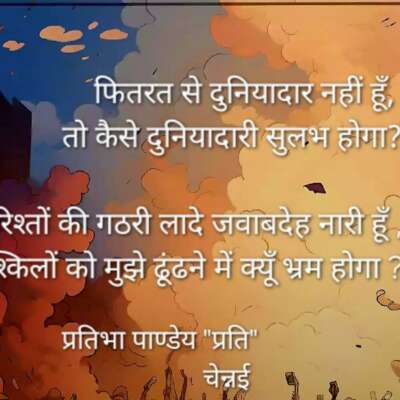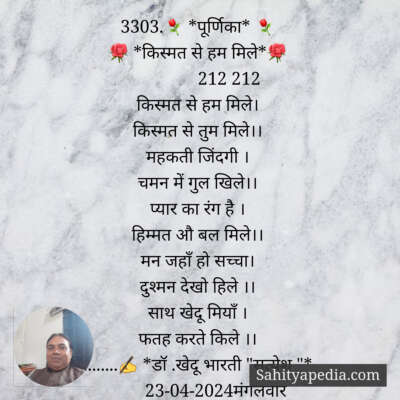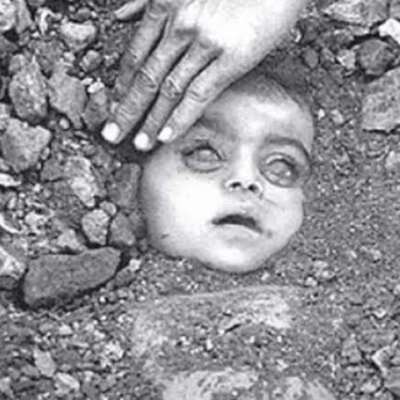Dictatorship in guise of Democracy ?

What is present political future of India? Whether leading to dictatorship Governance in guise of democracy in light of present political scenario in the country ?
Predicting the future of India’s political landscape is challenging, but there are certain trends and possibilities to consider. Currently, India operates under a democratic system with regular elections and a multi-party political structure. However, there have been concerns about the erosion of democratic norms and institutions in recent years.
The present political scenario in India is characterized by the dominance of the Bharatiya Janata Party (BJP) led by Prime Minister Narendra Modi. The BJP has been in power since 2014, and its ideology is rooted in Hindu nationalism. Under Modi’s leadership, there has been a centralization of power, weakening of checks and balances, and crackdown on dissent.
Some observers have raised concerns about the possibility of India sliding towards authoritarianism or a form of dictatorship under the guise of democracy. This could manifest through further concentration of power in the hands of the ruling party, erosion of civil liberties, suppression of independent media, and politicization of institutions such as the judiciary and law enforcement agencies.
However, it’s essential to note that India’s democratic institutions, civil society, and vibrant media landscape provide some resistance to authoritarian tendencies. Additionally, there is opposition from various political parties, activists, and citizens advocating for the preservation of democratic values.
The future trajectory of India’s political system will depend on various factors, including the actions of the ruling party, the strength of opposition forces, public sentiment, and external pressures. It is crucial for citizens to remain vigilant, uphold democratic principles, and actively participate in the political process to safeguard India’s democratic future.



























